H1 2023 Media Diet: Best Books, Movies, TV, Podcasts, YouTube Videos, and Video Games
Featuring RobertCaroGPT, Trench Warfare, and Proust
Books
Stars are my favorites so far.
China and the USSR
Armageddon Averted: The Soviet Collapse, 1970-2000, Stephen Kotkin (2003)
My Old Home: A Novel of Exile, Orville Schell (2021). Discussed in the podcast below, transcript here:
The Collaborators: Three Stories of Deception and Survival in World War II, Ian Buruma (2023). The Qing princess turned Japanese general deserves an HBO miniseries.
Tech
Four Battlegrounds: Power in the Age of Artificial Intelligence, Paul Scharre (2023). Discussed in this episode:
Flying Camelot: The F-15, the F-16, and the Weaponization of Fighter Pilot Nostalgia, Michael W. Hankins (2021)
The Rise and Fall of Great Technologies and Powers, Jeff Ding PhD Dissertation (2021). Discussed here:
A Brief History of Artificial Intelligence: What It Is, Where We Are, and Where We Are Going, Michael Wooldridge (2021). Is there any good book about the history of AI research? This one was underwhelming. 5.1.
Tactical Twentieth-Century Combat
The Netflix movie All Quiet on the Western Front I watched alone because my wife hates war movies and this was my idea of fun. It’s a fantastic, deeply disturbing movie that got me on a “grunt’s eye of infantry warfare” reading kick for a month. 8.3.
Eye-Deep In Hell: Trench Warfare In World War I, John Ellis (1989). Keegan’s “Face of Battle” for WWI. The discourse around war in Taiwan in the US, but particularly within China, is not grappling with the horrifying tragedy that will come with any conflict. Also, based on reporting from the front in Ukraine, in a modern war scenario where neither side can establish air superiority (despite minor tweaks like drones), you end up with soldiers suffering in analogous ways to what Ellis portrays here. 8.4.
World War I Trench Warfare (1): 1914-1916 (Elite), Adam Hook (2002). 6.0.
World War I Trench Warfare (2): 1916-1918, Stephen Bull (2002). 6.0.
Because apparently Ellis’s book wasn’t enough, these two are less lyrical, more matter-of-fact but equally horrifying books explore how warfare evolved. People’s image of WWI is of this stalemate but both sides were trying desperately through tactical and technological innovation to try to get ahead. Even though on the western front it was American manpower and materiel that ultimately broke the Germans, these books are good illustrations of how fast creative engineers can iterate when a winning a war depends on technological breakthroughs.
*The Social History of the Machine Gun, John Ellis (1986). It’s remarkable how long it took for an innovation, which was really ready for primetime as early as the 1870s, to get embraced by military establishments. The excuses were manifold! Some thought the sellers were cranks (undoubtedly some were…), while others thought that machine guns would undermine the “offensive spirit” of troops… 8.6.
Second World War Infantry Tactics: The European Theatre, Stephen Bull (2012). A dry romp through infantry manuals and tactical doctrine. 4.3.
One Bullet Away: The Making of a Marine Officer, Nathaniel Fick (2006).
With the Old Breed: At Peleliu and Okinawa, E.B. Sledge (1981). Horrific book written with compassion and humanity. Will never feel sorry for myself again.
War
*The New Makers of Modern Strategy: From the Ancient World to the Digital Age, Hal Brands (2023) and The Makers of Modern Strategy (1943). Podcast forthcoming.
Command, Lawrence Freedman. (2022) Twitter thread review here, podcast with Freedman forthcoming.
A History of Fascism, 1914-1945, Stanley G. Payne (1995). A historian of Franco-era Spain tries his hand at a general history. Nondescript, but I’m thankful for it because it let me to the following book…
*Gabriele D’Annunzio: Poet, Seducer, and Preacher of War, Lucy Hughes-Hallett (2013). What a weird and wonderful way to cover a brilliant poet and horrific human being who help craft the contours of fascism. An author who deserves a full catalog reading. I’d love to have her on the show if anyone would mind making the connection!
*The Economic Weapon: The Rise of Sanctions as a Tool of Modern War, Nicholas Mulder (2022). Discussed in a fantastic two-parter below.
A Kennan for Our Times: Revisiting America’s Greatest 20th Century Diplomat in the 21st Century. Essay collection (2018). Twitter review here.
Grab Bag
*G-Man: J. Edgar Hoover and the Making of the American Century, Beverly Gage (2022). Transcript of podcast here, or see below to listen.
The Art of Courtly Love, Andreas Capellanus (1990)
Klara and the Sun, Kazuo Ishiguro (2021)
The Human Tide: How Population Shaped the Modern World, Paul Morland (2019). The guy did a great podcast interview but the book didn’t add much. Would love a recommendation for a great demographics book. 5.3.
Bach: Music in the Castle of Heaven, John Eliot Gardiner (2013). Ostensibly the best Bach book but it doesn’t really do it for me. The author is almost too into the material. Writing that was so striking it got me to pick up my violin again started to grate after a few hundred pages.
Cribsheet: A Data-Driven Guide to Better, More Relaxed Parenting, from Birth to Preschool, Emily Oster (2019). I feel for the poor researchers trying to count how many calories babies consume…
*Swann’s Way, Marcel Proust (1913).
At first glance, many versatile writers appear quite impressive. However, as you delve into their work, particularly on subjects that you have a deep understanding of, the mystique begins to fade. With Proust, the opposite happens. His breadth of exploration is vast, yet when he delves into a subject that personally resonates with me, I find myself astounded with how precise and clear he can reflect a feeling.
He can write well about anything. Here’s a Twitter thread on passages from just one chapter that left me speechless. One bit here:
RobertCaroGPT
This year I’ve been rereading The Power Broker and am now about 400 pages in. I’m not getting new blazing realizations about the nature of power this go-around, but what’s really settling in are Caro's prose and ability to set scenes. One selection below, more in a Twitter thread here.
What will it take for an AI to write a Robert Caro book, for us to be able to read this quality of biography about any person on demand?
Drawing insights from reams of archival sources seems to be a straightforward exercise, not necessarily within the power of GPT4 but on the horizon as context windows expand and the thirst for non-AI-generated content leads to more investment in digitization of archives. But part of the magic of the Moses and LBJ books was that he was writing about recent history and able to do interviews with players in the room where it happened. He built trust over months and years going back to the same.
I don’t think we’re that far off from an agent being able to synthesize more information and actually ask better questions than a human, but the limiting factor will probably be sources willing to trust that an AI will treat them fairly in the final portrayal of a story. While it seems farfetched that an AI can sweet-talk sources as well as a Robert Caro or Bob Woodward, I can also see a well-tuned AI being better at this skill 99% of reporters. AIs will be able to tailor their approach to different personalities more widely than humans and also will have the advantage of far more working memory to make connections and ask questions that would not have occurred even to the best researchers.
An AI-Caro would have the ability to scale research much more effectively. The Caro documentary showed him making new discoveries in the LBJ Presidential Archives at UT. Caro will die having never truly “turned every page,” a problem that an AI would not have. Further, for all the thousands of people Caro has interviewed, an AI agent could simultaneously interview tens of thousands of relevant people. While this may seem like overkill, it also opens up new possibilities for what a book can be. Caro famously had to cut hundreds of thousands of words from The Power Broker because it wouldn’t fit in the bindings. Why couldn’t an AI-Caro create personalized versions of biographies for each reader? If I want more coverage of Al Smith or the FDR-Robert Moses relationship, AI-Caro could spin up more chapters for me on the spot.
The drafting piece is really not that far off. The following was from the simple prompt of “a scene from a Robert Caro biography of Barack Obama” in GPT-4.
TV
Last of Us (2023) superlative third episode, the rest of it forgettable. 7.1.
Succession Season 4 (2023). Two of the most transcendent moments of television I’ve ever seen (episode three and the Shiv and Tom balcony fight) left me screaming in delight at the privilege of getting to watch such superlative art. 9.9.
The Bear Season 1 (2022). Love me some distilled television! 8.3.
The Knockout 狂飙 (2023). Through the first five episodes, Iqiyi’s The Knockout 狂飙 was the best Chinese modern drama of the 2020s. It’s a Breaking Bad–esque tale of a fishmonger who, bullied by street toughs and frustrated at his lack of prospects, ends up pursuing a life of crime. The antihero is deliciously written and acted, and the initial portrayals of corruption are pretty unflinching. The language is naturalistic and all the actors feel comfortable in their roles. I’ve particularly been enjoying the sound design, an aspect of tv many contemporary Chinese dramas fail to deliver in.
Having never lived in China in the “bad old days” of the go-go 2000s, getting a little glimpse into that world through this dramatized account was really entertaining. Some of the characters, from the street hoods to the clean cop and corrupt businessmen, seem a little archetypal — but I trust these writers to continue to layer on depth as the drama unfolds. If you haven’t watched a ton of Chinese TV, these archetypes will feel fresh to you! Do consider checking out the first few episodes of the show on YouTube — Iqiyi has invested in serviceable English subtitles for those less comfortable with Chinese.
Episodes 5-10: After five more, the weight of censorship is beginning to hold down the writing. The entire creative team, from writers and actors down to the cinematographers and sound designer, have the capability to add nuance and complexity to every character. The good guy, however, is a little too good, and the bad guys a little too bad for the plot to really resonate. Only the lead remains as all that interesting a character. Unfortunately, we’re just not going to get _The Wire_ out of China in the late Xi era.
I’m still obsessed with this Don. He has so many teapots!
Become a Farmer 种地吧 is a reality TV show taking cute 20-something guys and making them farm. It’s relaxing and kind of silly: there’s definitely an undercurrent of “struggle poor” and idealizing the lives of poor farmers who probably really would rather have comfortable urban lives these kids are giving up. The most interesting moments are when the guys do something manually, get frustrated, ask a farmer how do to something better (ie. seed), then rent some machine (a drone that seeds for you) and get blown away by how much more productive the technology makes them. It’s also a little wild watching a show idealizing urban youth going to the countryside as a wholesome anecdote to modern life only fifty years after the horrific “Down to the Countryside” 上山下乡运动 movement of the Maoist era where educated youths were sent to farm in an attempt to tone down the risks the Cultural Revolution was increasingly playing on Mao’s grip on power. I discuss Shan Weijian’s experience in the Gobi in the the podcast below.
中国奇谭 (2023): Fantastically creative animated series by Bilibili. Discussed in the podcast below. 8.9.
Mrs Davis (2023). Smart and funny exploration of AI and faith through the lens of a nun doing battle with a superintelligence. Another example of Tyler Cowen’s point that the people who will do the most interesting thinking about AI's interaction with society are not the engineers who design the models themselves, but rather, “Experts from other fields often turn out to be more correct than experts in the “relevant” (quotes intentional) field.” 8.6.
Atlanta Season 4 (2022). 9.6. I have so much respect for Donald Glover and his extended creative universe of collaborators. They put so much care into every shot and story beat. This show also made me reflect on…
F1 Season 5 (2023) … why I waste my time watching trash TV like this, TikTok, and YouTube shorts. At least I cranked through it on 3x and skipped the really poorly done racing segments. 4.3.
Playback.tv NBA Streams. I’ve been watching the NBA playoffs this year alternating between two livestreams, The Dunker Spot and Dunk’d on Prime. Each offers live commentary over basketball feeds to an audience of around 150 viewers. Despite their popularity in China, I never appreciated the appeal of livestreams until now. With a small, sophisticated audience, these commentators can indulge professional-grade analysis more fit for an NBA film room than a TNT broadcast and do real time Q&A. Not beholden to corporate sponsors, these streams could also be funnier than what you’d get on national television. I hope these micro-communities of real nerds on sports become more of a thing.
Podcasts
Sold a Story, fantastic reporting on how it took decades for proven research to overcome entrenched interests, what “felt right,” and teachers unable to psychologically own up to past mistakes. It’s also a parable of how money (via phonics tutors) allowed richer parents to save their kids from the overreaches of more “liberal” governance. I cannot wait for AI instructors to raise the overall quality of education, particularly among the under-15 set, across the world.
Foretold, an LA Times-produced story about young Romani mother who leaves her community but still feels culturally connected. Echoes of Chinese nationals who leave the mainland partially due to politics.
YouTube
It was a joy cheering for Ding Liren in his World Chess Championship arc. For the uninitiated, here’s a great summary of his inspirational path to victory (if anyone’s connected to him, I’d love to have him on ChinaTalk!). I liked watching Levy’s recaps for the hype and then Nakamura’s for actual analysis and perspective of what it’s like to play competitive classical chess. Chef Wang Gang getting taught by his teacher was adorable. People Make Games continued to put out fantastic documentary coverage of the gaming world, though their video this year on excel tournaments was pretty triggering for me. VideoGameDunkey’s reviews are comedic jewels. English language YouTube coverage of China has improved over the past year, while Chinese language stalwarts like 王志安 continue to inform and entertain. In general though, YouTube continues its pattern of losing my interest over time.
By the way, ChinaTalk is now on YouTube!
Music
Songs: Four Tet’s Bad Liar remix. Chinese rapper YOUNG’s Taylor Swift “Love Story” remix. Conducta’s Whippet. Julie London’s Cry Me a River. Blossom Dearie Tea For Two. Avnu Jain’s Alag Assmaan. Mura Masa’s 2gether. Cheef Keef Bitch Where. Peter Watchorn’s Toccata in D Minor, BWV 913: I. (Presto).
Mixes: Two UK South Asian DJs, Yung Singh and Arthi (who daylights as a economics reporter in the UK!), have been great for work and workouts.
Spotify Playlists: Gramophone’s 250 Greatest Recordings of All Time.
Video Games
Elden Ring last year a truly transcendent experience, but I primarily use video game time to socialize and catch up with friends so for years have shied away from single-player games. To that end, I think there’s really something to the exchange below.
Diablo IV felt like it could’ve been made by an AI. Also, difficulty was tuned way too easy, and having mobs level with you made you lose the power fantasy. 5.7.
Outriders, a dumb co-op shooter, also could’ve been made by an AI, but it had a boss fight with a giant spider. Perfect Xbox Game Pass fodder for the boys. 6.7.
Battlebit Remastered a remarkable accomplishment that three devs delivered more joy to Battlefield fans than the past seven years and $500m of AAA studio work. 8.4.
NYC Chinese Restaurants
Chi. Strong 重庆辣子鸡 but a little confused on what its wants to be — pretensions to fanciness don’t really end up delivering. 7.4.
Lubian Chinese Grilled Fish. Well-executed treys of grilled fish you can put all the goodies in. I’m still hunting for sourkraut fish. 8.2.

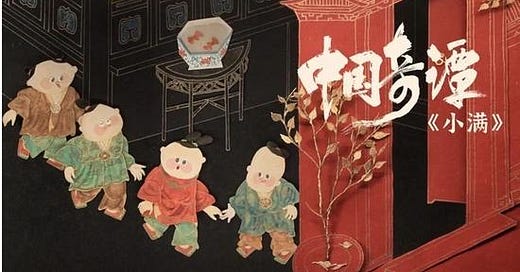

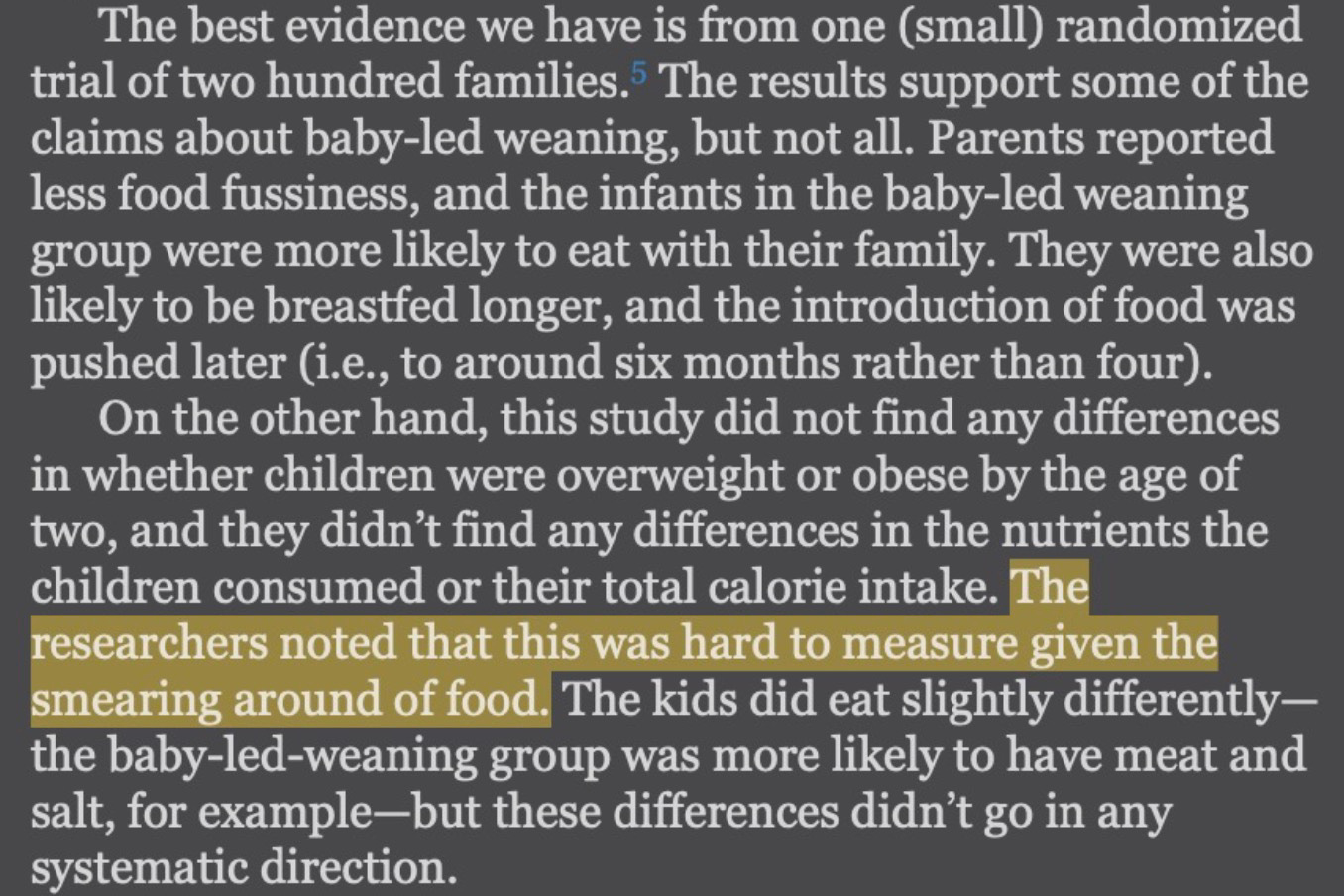
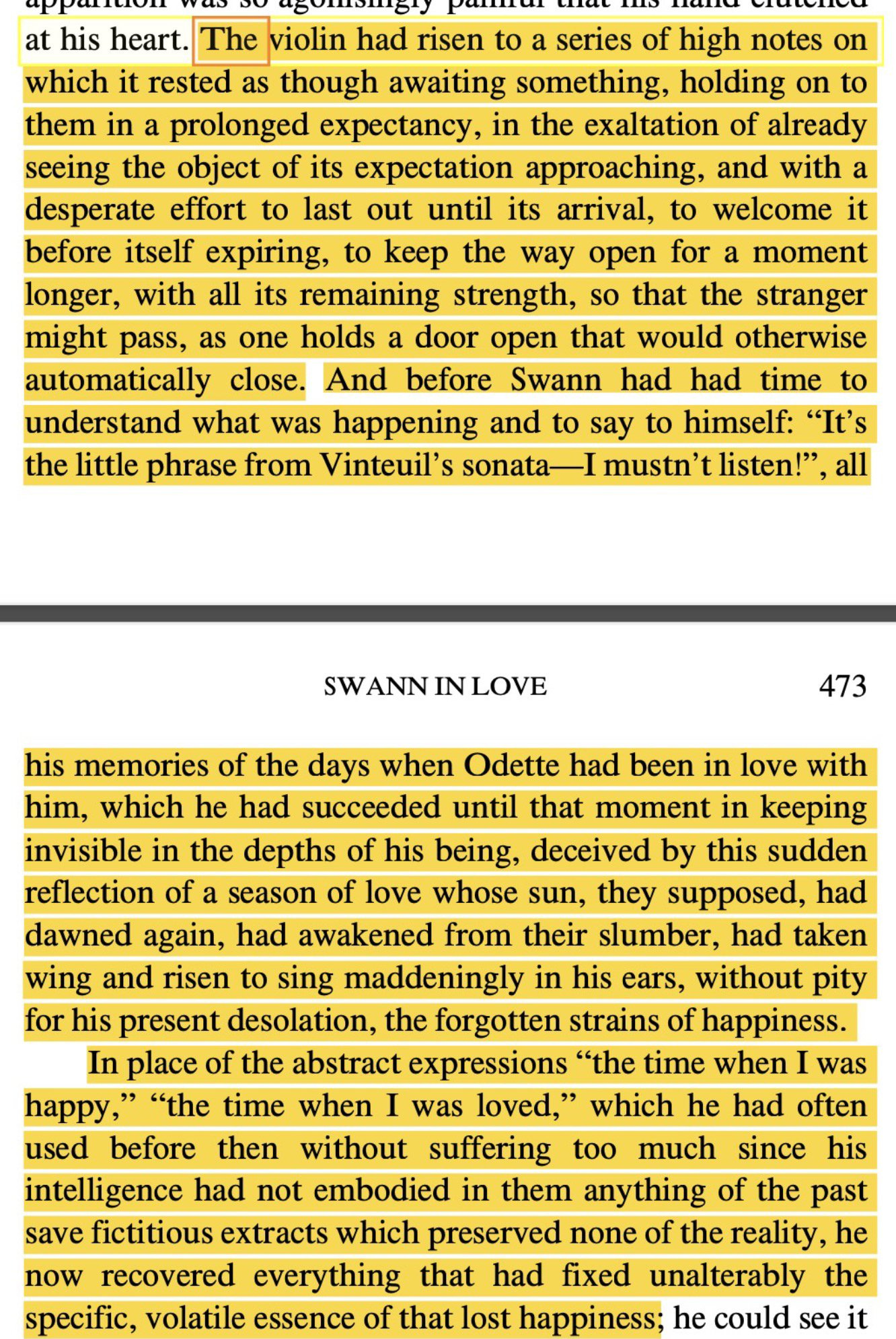


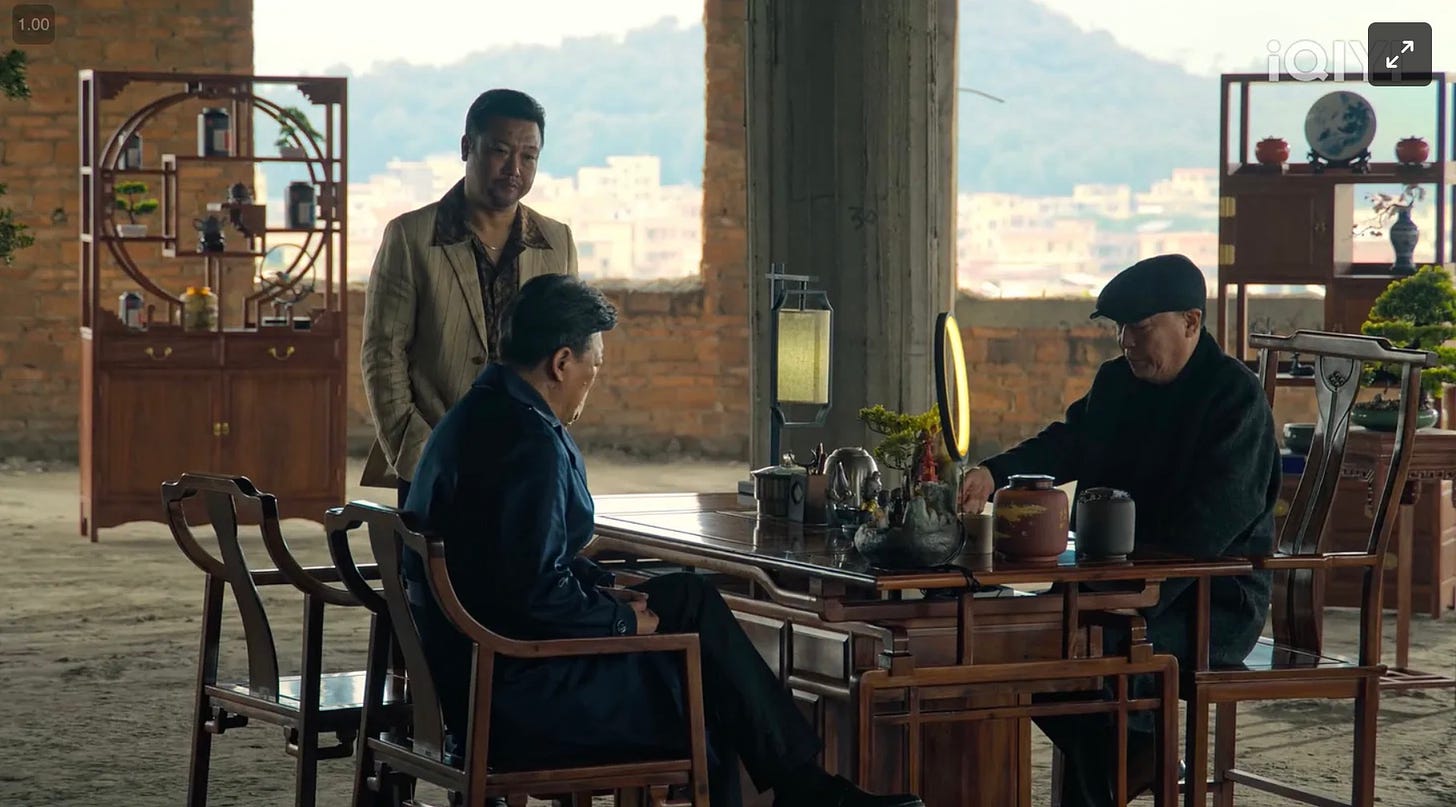
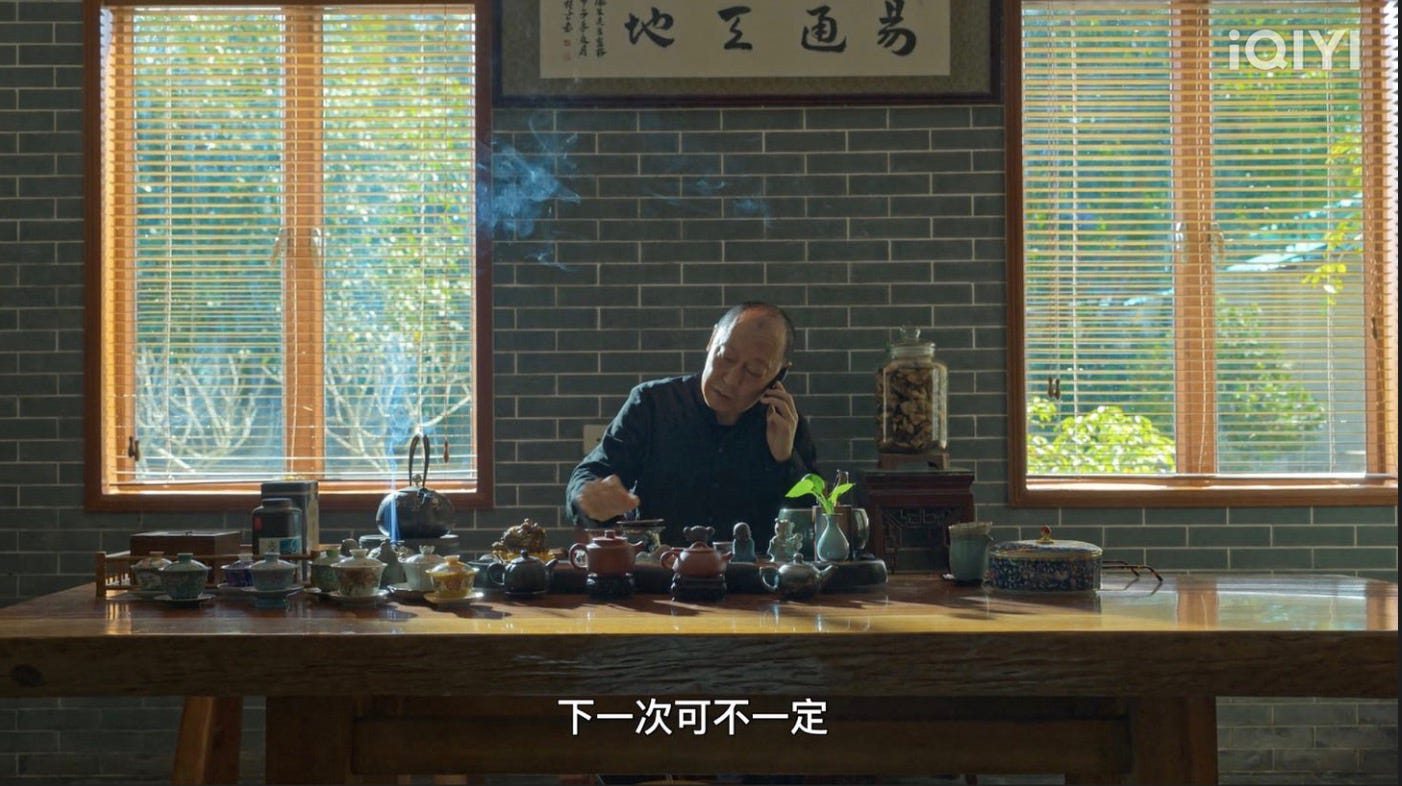


Recommendation: Storm of Steel by Ernst Junger
I love the CaroGPT ... but frankly I’d settle for an e-book release of The Power Broker over the GPT any day. That paperback is BIG.